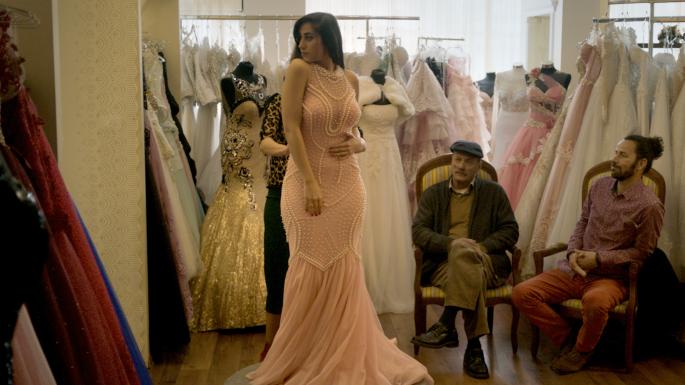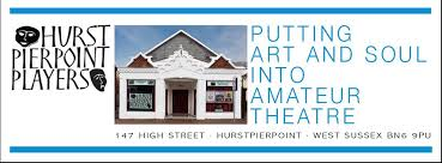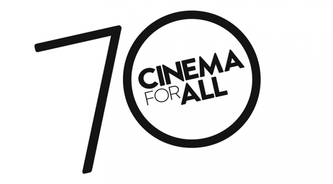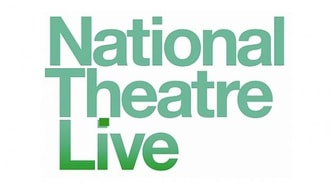|
|
THURSDAY 13 DECEMBER
Doors: 7.30pm Film: 8pm Wajib (15) It is Christmas in Palestine and doting father Abu has a duty to do. His daughter is getting married and it is his duty, the Wajib of the title, to hand deliver the wedding invitations to all the guests. His son has returned from Italy, where he lives, to attend his sister’s wedding and help with the Wajib. As they drive around the City in their battered old Volvo, they bicker, reminisce, needle and cajole each other, gradually peeling back the layers of their relationship. In between, they meet relatives and family friends and endeavour to avoid being derailed by constant invitations to take tea. This is a wonderfully poignant, droll and witty film that interleaves tensions with hilarity. |
Review

Wajib review Mark Kermode The Guardian Path-breaking Palestinian writer-director Annemarie Jacir has made three feature films: Salt of This Sea (2008), When I Saw You (2012), and now Wajib, which has proved a prize-winning festival favourite since premiering at Locarno last year. As with both of her previous features, Jacir’s latest was selected as the official Palestinian entry for the foreign-language film Oscar, but failed to gain a nomination. Though overlooked by the Academy, Jacir continues to impress with this poignant, bittersweet comedy of estrangement and identity, in which a traditional father and his hipster son travel around Nazareth, fulfilling an ancient ritual while arguing about the state of the modern world. Dry humour and understated heartbreak intersect as Jacir deftly blends the personal and the political in deceptively effortless fashion. It’s the run-up to Christmas, and tacky festive decorations are everywhere in Nazareth. Schoolteacher Abu Shadi (Mohammad Bakri) is dotingly proud of his daughter, Amal (Maria Zreik), who is about to get married. It is Abu Shadi’s duty (the wajib of the title) to ensure that the wedding invitations are hand-delivered to each and every guest – a formidable task. So Amal’s brother Shadi (regular Jacir collaborator Saleh Bakri, real-life son of Mohammad Bakri) has come home to help his father. Shadi now lives a cosmopolitan life in Italy (“Not America? Never mind…”), where he is an aspiring architect. But his father wants him to come back to Nazareth, a wish that has long provoked tension between them. Driving from house to house, the pair present a united front, with the father proving a smiling master of diplomacy with all those whom he visits. Alone in the car, though, the pair squabble, with Shadi bemoaning the state of his former home town (“beautiful architecture ruined with plastic tarp”) and scolding his father for failing to take a post-heart-attack smoking ban seriously. As for Abu Shadi, his gentle mocking of his son’s European hairdo and fancy shirts (“they dress like that in Italy?”) masks deeper grievances. Shadi’s girlfriend, Nada, is the daughter of a high-profile “intellectual”, for whose radical politics Abu Shadi has no time. (“Those poor PLO guys,” he says sarcastically of Nada’s wealthy father, “they have a difficult life.”) Gradually, we learn that Abu Shadi sent his son away many years ago, when Shadi’s own political affiliations (“It was a film club!”) put his safety in danger. Abu Shadi’s wife, too, has flown the coop, leaving her family for a new life in America – a move that her son respects and admires, to his father’s barely concealed dismay. “Family makes you crazy,” Jacir has said – a truism that is played out in this minutely observed study of conflicting loyalties. At the heart of the piece is a simple and universal conundrum: the tension between pursuing your dreams or remaining committed to your roots. Politics provide the background noise, whether it’s Shadi’s anger at the presence of soldiers in a local cafe, or the fear that Abu Shadi feels after accidentally hitting a dog with his car in the wrong neighbourhood. He’s up for promotion to headmaster, but to achieve his goal he must stay on the right side of the same people who first drove his son away, even inviting them to his daughter’s wedding. What’s most impressive is the way Jacir reveals these complex intertwining backstories through apparently incidental interaction. With a superb lightness of touch she uncovers the ancient hurts with which these characters wrestle, laying bare the raw nerves beneath the polite smiles. Often, it’s not what they say, but what they don’t say that tells us the most.Trapped together in a battered old car, father and son endure awkward silences that speak volumes about their shared history. When voices are finally raised in the film’s last act, it comes as something of a shock. There is plenty of laughter too, from a running gag about the awfulness of wedding singer Fawzi Baloot (“his voice is horrible!”) to a deadpan slapstick interlude involving a pet bird and an injured finger. Antoine Héberlé’s hand-held camera captures the nuances of comedy and tragedy alike, keeping us close to the protagonists without ever feeling intrusive. The result is a film of surprising warmth and generosity, which takes a situation riven by discord and turns it into a melancholy song of resolution. |
Director: Annemarie Jacir
Writer: Annemarie Jacir Cinematographer: Antoine Héberlé Starring: Mohammad Bakri, Saleh Bakri, Tarik Kopty Running time: 96 mins. Other Reviews Rotten Tomatoes - 100% The Guardian - ★★★★ The Telegraph - ★★★★ Little White Lies - ★★★★ The Times - ★★★★ |













